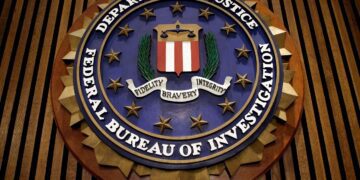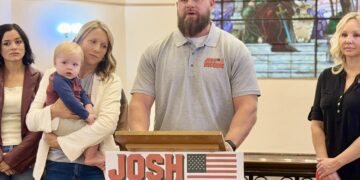Free speech gets a rare win in the wedding wars. Businesses who, for reasons of religious conviction, do not wish to provide services for same-sex weddings have a losing record before the courts, which usually rule that public accommodation laws trump free speech claims. On August 23, however, the 8th Circuit Court of Appeals ruled that the Minnesota Human Rights Act must give way to the free speech claims of Carl and Angel Larsen’s video production company, Telescope Media Group. Thomas Jipping writes:
The 8th Circuit primarily addressed the Larsens’ free speech claim, and did so in a principled way that shows how such conflicts between constitutional and civil rights should be handled.
The court found, for example, that while producing videos involves actions, those actions result in media “for the communication of ideas.” By dictating how those ideas must be communicated, the Minnesota law “operates as a content-based regulation of their speech.”
As any law student learns, one of the most basic First Amendment principles is that the government may not dictate what people can say.
Perhaps the most important statement in Stras’ opinion, which applies to this entire category of cases, is this: “Even anti-discrimination laws, as critically important as they are, must yield to the Constitution.”
The rights to free speech and the free exercise of religion are fundamental constitutional rights. As James Madison wrote of the latter, it “is precedent in both order of time and degree of obligation, to the claims of Civil Society.”
The court also said that, because the Larsens are challenging the Minnesota law as a restriction not only of speech, but also of religious speech, their free exercise of religion claim can also move forward. That keeps the issue alive, despite Supreme Court precedents that have limited the First Amendment’s protection of religious freedom.
[Thomas Jipping, “Ruling in Minnesota Wedding Videographers’ Case Properly Prioritizes First Amendment Rights,” The Daily Signal, September 4]







